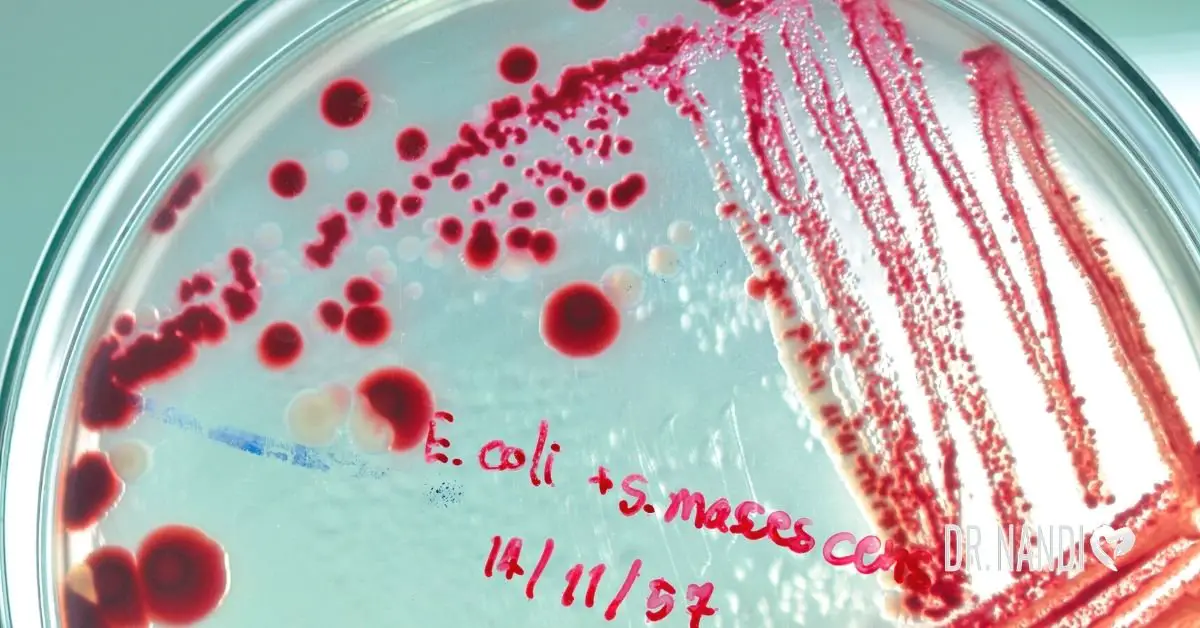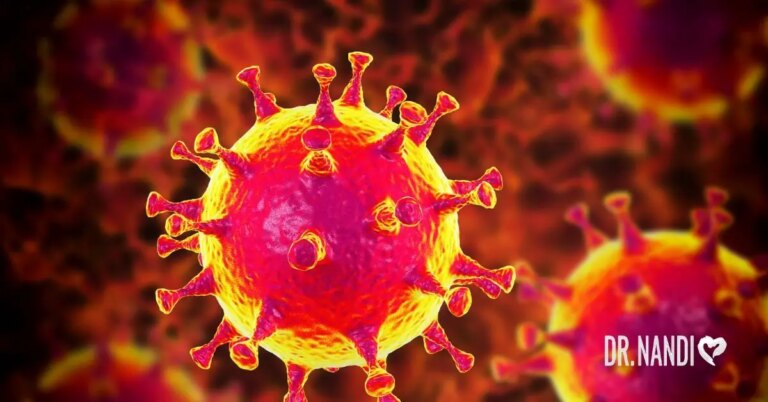Researchers from MIT have discovered a powerful new antibiotic by way of artificial intelligence. Artificial intelligence technology has been around for a while. But, now it is being used to study molecular structures. These scientists were able to train a deep learning algorithm to evaluate over a hundred million chemical compounds to identify antibiotic molecules that have the potential to kill bacteria. Not only that, but they also say it has the potential to kill many of the world’s most dangerous bacteria. With a major growing health concern being antibiotic resistance, this is really good news. In my opinion, this could be a major game-changer for patient care. I’ve seen patients in my own practice suffer from multi-drug resistant bacteria.
Bacteria Killed By Halicin
The new molecule found by the artificial intelligence program is called halicin. Researchers tested halicin in Petri dishes on human bacterial strains grown in a lab. What they found was exciting. It was able to kill many bacteria that are otherwise resistant to treatment. One that stood out to me that I see in my practice is Clostridium difficile. Clostridium difficile causes diarrhea and inflammation of the colon and is a potentially life-threatening infection. Halicin also killed off the bacteria that causes tuberculosis, Mycobacterium tuberculosis. It also killed a bacterial pathogen that can cause infections in the lungs, blood, and urinary tract called Acinetobacter baumannii. I find this very impressive because Acinetobacter baumannii is resistant to all known antibiotics. What’s more, not only was halicin effective for treatment in mice that had Acinetobacter baumannii, but it was able to clear the infection within 24 hours.
Antibiotic Resistance
While this research is still in the preliminary stages and human trials are still needed, this is an exciting potential breakthrough! Not only was halicin effective in a short amount of time, but it also proved effective with continued use. Researchers tested the drug on E.coli over a 30-day period and found that it did not become resistant to halicin. This is remarkable when comparing results to the antibiotic ciprofloxacin. E.coli developed resistance to ciprofloxacin after only 1 – 3 days. So, while this quick and effective treatment may not be on the market any time soon, it does provide a light at the end of the tunnel of antibiotic resistance.



















